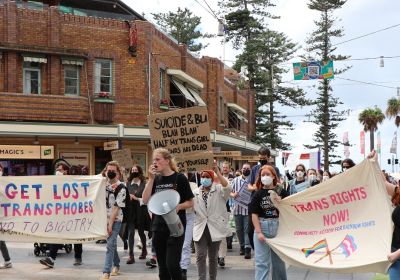
A protest against Liberal candidate Katherine Deves' views on transgender people was organised in Manly. Rachel Evans reports.

A protest against Liberal candidate Katherine Deves' views on transgender people was organised in Manly. Rachel Evans reports.
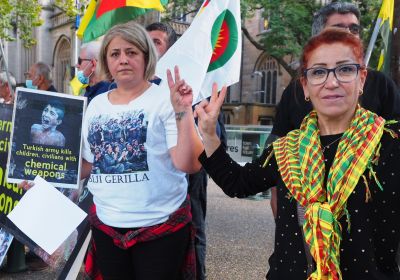
Demonstrations were held in Sydney and Melbourne to protest the Turkish military offensive against Kurds in South Kurdistan/Northern Iraq, and more are planned. Peter Boyle reports.

Refugees recently released from the Park Hotel detention centre organised the “First taste of freedom — game not over yet” cricket match. Mayura Ashok reports.
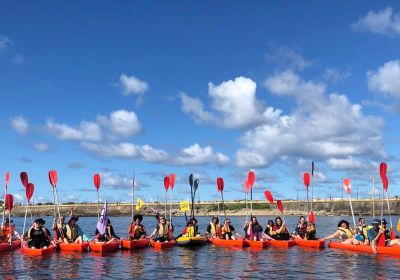
Activists blockaded Newcastle Port, the world’s biggest coal port, on April 24. Niko Leka reports.
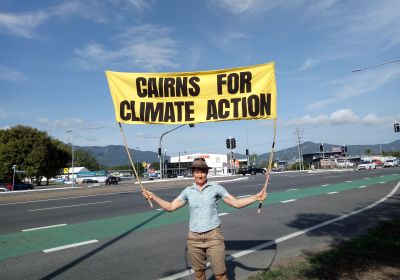
Socialist Alliance candidate Renee Lees says Matt Canavan only speaks for the coal barons, not regional Queensland. Kerry Smith reports.

Activists involved in Melbourne Educators for Social and Environmental Justice are campaigning to get Australian Education Union members to reject a substandard agreement. Jacob Andrewartha reports.
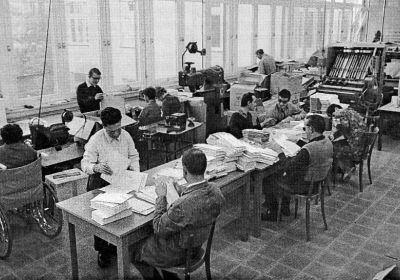
Disabled people can be paid as little as $2.54 per hour. Shaun Bickley urges candidates, companies and others to support equal pay for equal work.
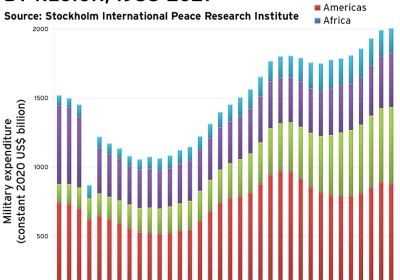
Global military spending rose last year to more than US$2.8 trillion, an average of more than $8.1 billion every day, according to the Stockholm International Peace Research Institute. Kerry Smith reports.
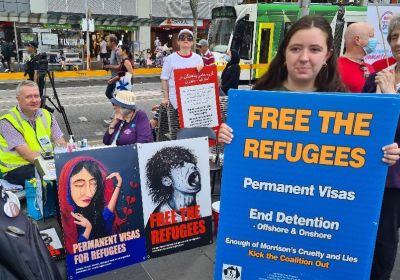
The Refugee Action Collective held a rally outside the Melbourne Immigration Transit Accommodation (MITA) in Broadmeadows to demand freedom for those inside. Chris Slee reports.
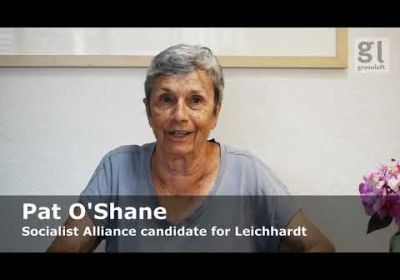
Socialist Alliance candidate for Leichhardt Pat O'Shane discusses some of the critical issues in this federal election: housing, healthcare, education and First Nations peoples' rights.
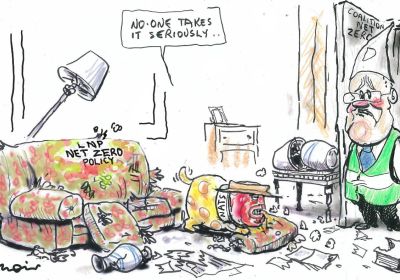
Queensland Nationals Senator Matt Canavan's “net zero is dead” campaign should hardly come as a surprise, argues Binoy Kampmark.

Sue Bolton, Socialist Alliance candidate for Wills and a Moreland City Councillor, argues that Labor's "small target" election strategy risks helping the right make more gains.
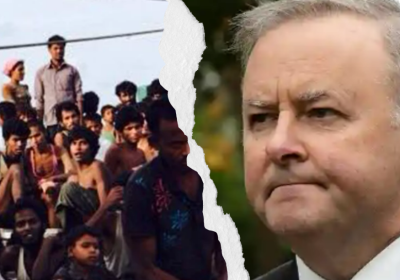
Boat turn-backs don’t save lives at sea. The real meaning of this barbaric practice has always been “Fuck off and die somewhere else”, argues Sam Wainwright.
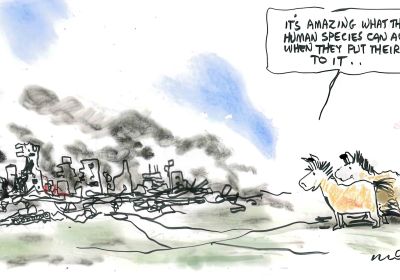
Since becoming the minister for offence, Peter Dutton has used every opportunity to spruik Australia’s “need” to prepare for war against China. ANZAC Day provided another opening for the hawk. Pip Hinman reports.
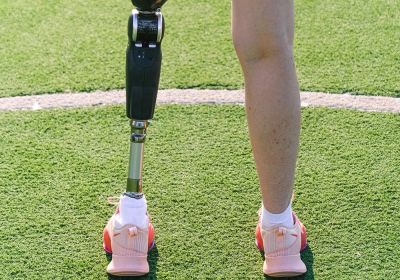
Scott Morrison said he’s “blessed” to have had two children who are not living with disability. Graham Matthews argues that considering the mess he's made of the NDIS, this may just be one of the few honest statements he’s made.
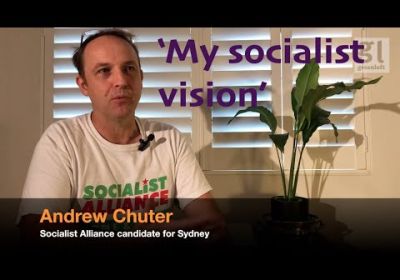
Socialist Alliance candidate for Sydney and respected public housing, transport, resident action and trade union activist Andrew Chuter talks about about his practical vision for a socialist future.
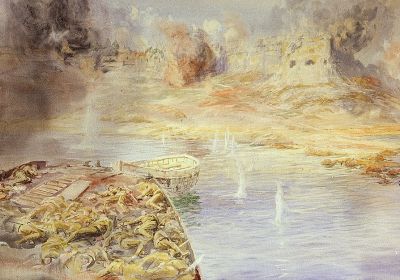
ANZAC Day has become a parade for amnesia rather than reckoning, a ritual that rejects peace makers and conciliators in favour of the war mongers and undertakers, argues Binoy Kampmark.
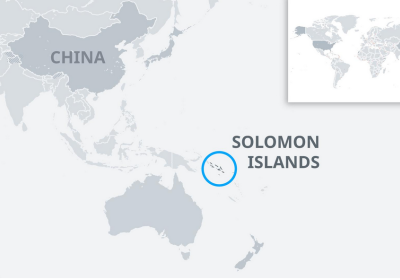
While the Solomon Islands is divided on the security deal with China, Australia's major parties have been shouting from the same song book. Binoy Kampmark reports.

A tidal wave of outrage followed the Solomon Islands and China signing a security deal. Missing in the fury is a recognition that the Solomon Islands is a sovereign state, argues William Briggs.
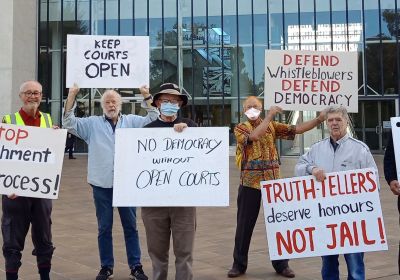
The Australian government’s labyrinthine callousness and indifference to justice in its treatment of lawyer Bernard Collaery must be slotted in alongside that of another noted Australian being held in the maximum-security facility of Belmarsh, London, writes Binoy Kampmark.

Indigenous groups and supporters have spent the past month travelling in a convoy to regions where Western corporations are plundering water and resources. Tamara Pearson took part in the convoy.

Pressured by Western imperialism on one hand and harassed by neighbouring Russian imperialism on the other, Bruno Magalhães examines Poland's history of reaction and revolt.
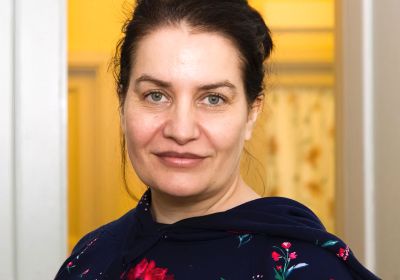
Swedish journalist Bella Frank discusses the debate in Sweden on NATO membership that was triggered by the Russian invasion of Ukraine.
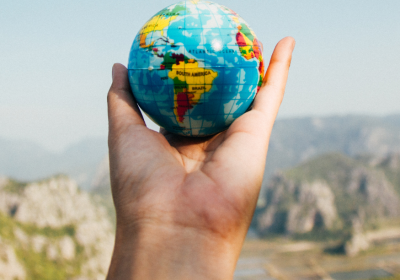
Peace is not just the absence of war; it is real security, writes Jeremy Corbyn.
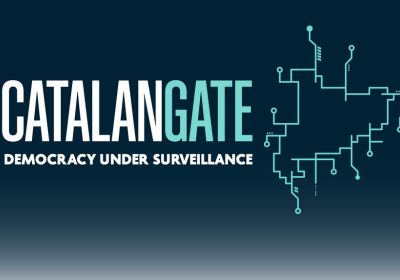
A New Yorker investigation has exposed that between 2018‒20, at least 65 leading figures in the Catalan government and independence movement had their mobile phones bugged, reports Dick Nichols.
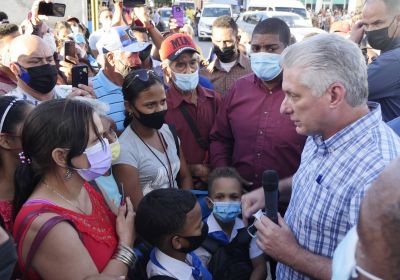
Cuba is walking a diplomatic tightrope when it comes to the Russian invasion of Ukraine, writes Ian Ellis-Jones.

Maureen Clare Murphy reports that Israeli occupation forces attacked Jerusalem’s al-Aqsa mosque, wounding more than 150 Palestinians, while it was filled with Ramadan worshippers on one of the holiest days in the Islamic calendar.
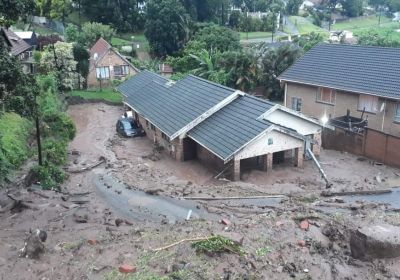
Patrick Bond and Mary Galvin report on the recent catastrophic floods in Durban, which have exposed the Cyril Ramaphosa government’s criminal negligence and failure to take action on climate change.
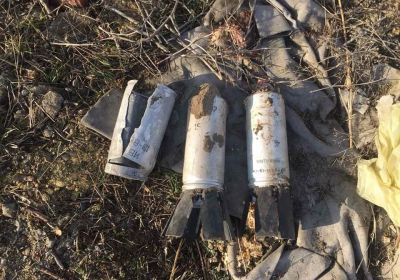
While Russia’s war against Ukraine was a violation of that country’s sovereignty, US President Joe Biden’s raising of war crimes charges against Russia is the height of hypocrisy, writes Barry Sheppard.
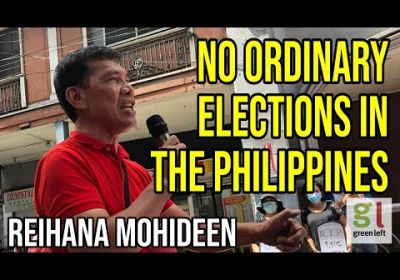
Partido Lakas ng Masa representative Reihana Mohideen speaks to Green Left about the national elections in the Philippines.

Mat Ward looks back at April's political news and the best new music that related to it.
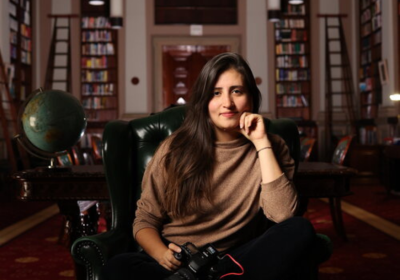
Pedro Alvarez reviews Nuestras Voces, a new documentary film about Spanish-speaking migrants who arrived in Victoria in the 1960s and 70s.
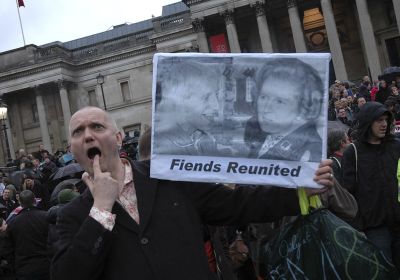
Netflix documentary Jimmy Savile: A British Horror Story attempts to explain how TV celebrity Jimmy Savile's ties to the British ruling class enabled him to get away with sexual abuse for decades, writes Alex Salmon.

A successful Dare to Struggle Film Festival (DTSFF) was held in Sydney on April 22‒23, featuring more than 50 films on a variety of campaigns, reports Jim McIlroy.